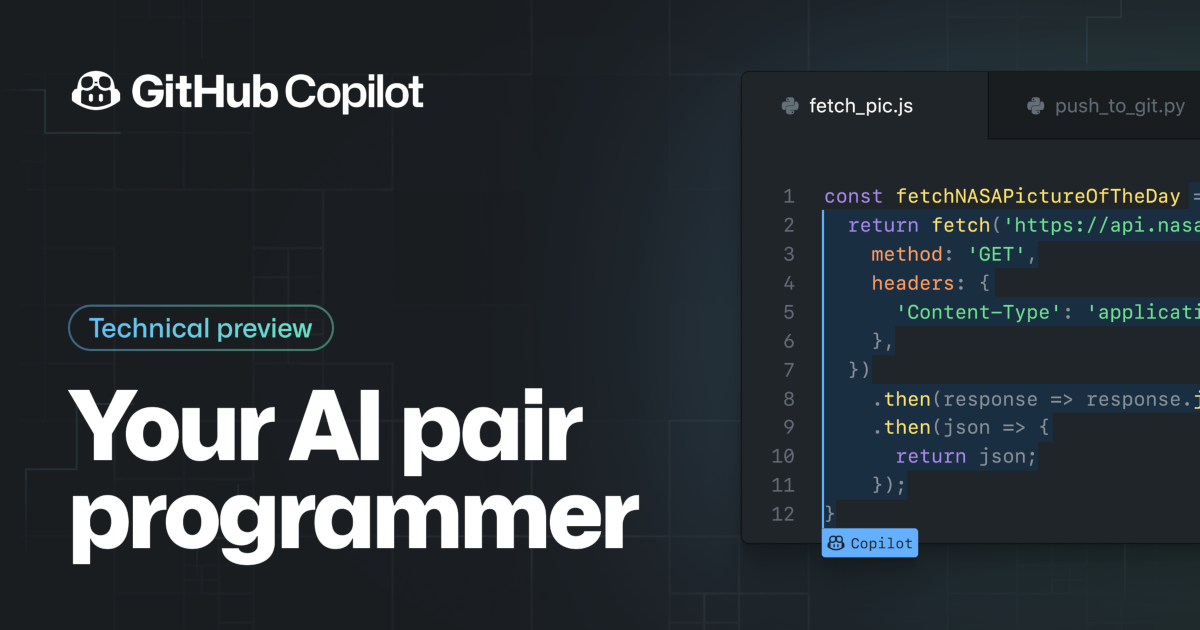GitHub has recently introduced two AI-driven features aimed at streamlining software development: a code-scanning autofix feature and GitHub Copilot Chat. The autofix feature, integrating GitHub Copilot with CodeQL, automatically identifies and resolves vulnerabilities in several programming languages, including JavaScript, TypeScript, Java, and Python, often without requiring developer intervention. GitHub Copilot Chat, leveraging OpenAI’s GPT-4, offers real-time coding assistance, aiming to improve both code quality and developer productivity. GitHub’s internal research suggests these tools enhance coding efficiency and improve the overall quality of the code.

However, an independent report by GitClear presents a contrasting perspective, emphasizing potential risks associated with the increasing reliance on AI for code generation. It suggests that AI-generated code may lead to higher code churn and encourage coding practices that are not in line with the DRY (Don’t Repeat Yourself) principle, potentially compromising code maintainability and sustainability.
The critical question arises: Can GitHub’s AI-driven tools effectively maintain high code quality while accelerating the development process, considering the concerns raised by GitClear? This question is central to understanding the practical impact of these AI advancements in software development.
GitHub’s new features represent a significant step towards automating and enhancing the coding process, potentially reducing the time spent on debugging and improving security. However, the effectiveness of these tools in maintaining code quality amidst faster development cycles is complex. While they promise to reduce manual effort and speed up certain aspects of development, GitClear’s concerns highlight a possible trade-off between speed and code sustainability. The challenge lies in ensuring that these AI tools not only automate tasks but also encourage coding best practices that ensure long-term code health.
This analysis suggests that while GitHub’s AI features offer notable benefits in terms of productivity and initial code quality, their impact on long-term code maintenance and sustainability needs careful consideration. Balancing the advantages of AI-driven tools with a commitment to code quality and sustainability will be crucial for leveraging AI in a way that genuinely enhances software development processes.

